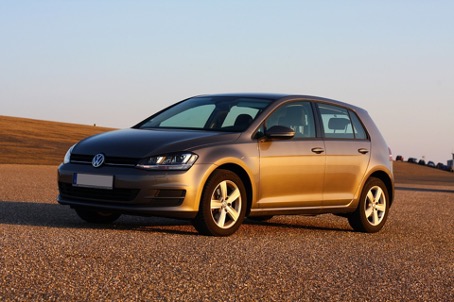News
Another important ruling by the European Court of Justice (ECJ) in the diesel scandal

Source: pixabay/derMolf
Another important ruling by the European Court of Justice (ECJ) in the diesel scandal
The ECJ has received a lawsuit from the German Environmental Aid Association (DUH) and considers it to have standing. This means that DUH can sue against type approvals for a large proportion of registered diesel vehicles.
Specifically, the approvals granted by the German Federal Motor Transport Authority (KBA) to many diesel cars with EURO 5 or EURO 6 standards are challenged.
In such vehicles, the emission control system only functions cleanly at mild temperatures. At usual temperatures and during most of the year, the effect of the emission control system is reduced, this arguably constitutes a prohibited defeat device.
In principle, it is also possible for national authorities to grant exemptions from the exhaust gas regulations. However, this only applies if there is no other way to protect the engine and may only be made in exceptional cases and may not become the rule.
The ECJ Advocate General Rantos recommends classifying the thermal window as an impermissible defeat device and awarding claims for damages against vehicle manufacturers not only in the event of proof of intentional trickery, but already in the event of negligent violations of the relevant EU directives on the exhaust gas behavior of vehicles.
Since the ECJ usually follows the Advocate General's opinion and endorses it in its decisions, this should provide fresh tailwind for pending diesel lawsuits against manufacturers. If this happens, it could be that the German Federal Court of Justice (BGH) will also adjust its case law in favor of the affected diesel owners.
For diesel drivers, this would mean on the one hand that their chances of claiming damages have improved significantly, but also that there is a risk that their cars could lose their value from one day to the next. This is because if DUH's lawsuit is successful, DUH could enforce the decommissioning of the affected vehicles in court and they would have to be taken out of circulation.
Affected are VW and Audi engines of the following development series: EA 189, EA 288, EA 897 and EA 896, which were not only installed in diesel vehicles of VW and Audi, but also in Porsche, Skoda and SEAT. In addition, however, diesel engines from other manufacturers such as Mercedes, Fiat, BMW and others are also affected.
